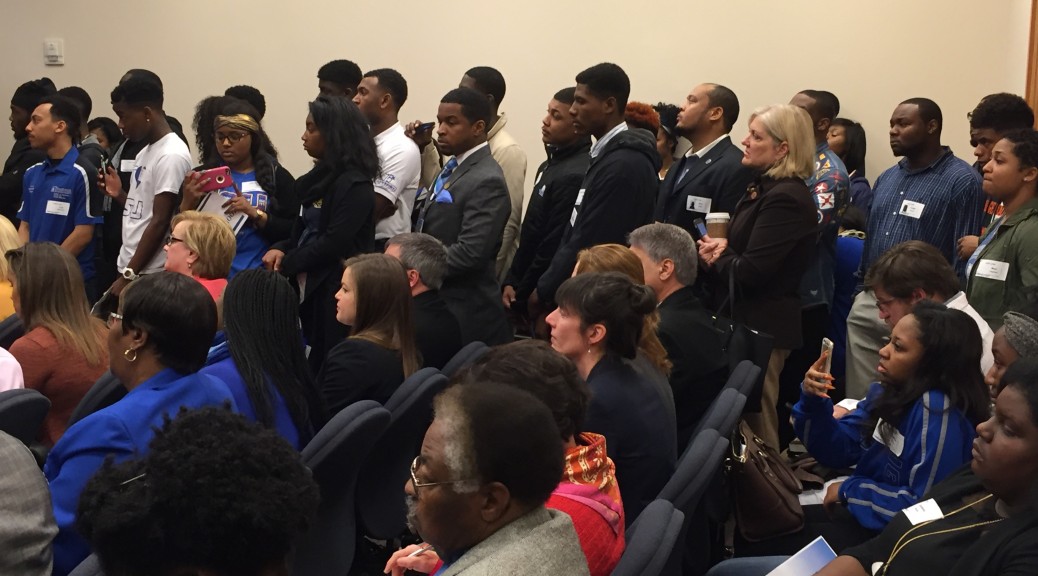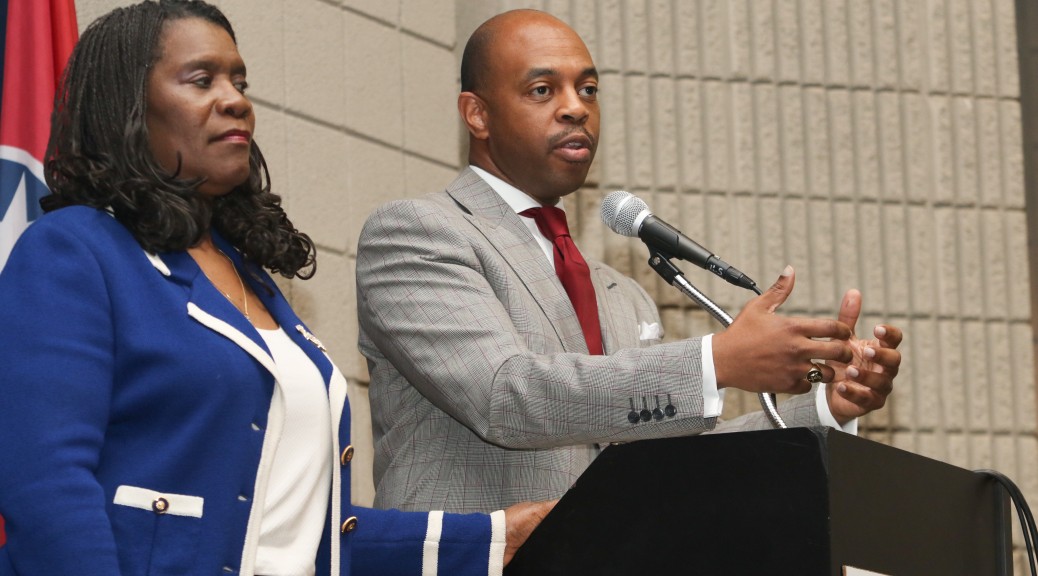NASHVILLE, Tenn. (TSU News Service) – Tennessee Gov. Bill Haslam has announced the eight appointees to the newly created Tennessee State University state governing board, giving the university increased autonomy to support student success as the state continues its Drive to 55 initiative.
Tennessee State University’s governing board is one of six to be appointed by the governor, a result of the governor’s FOCUS Act passed by the General Assembly earlier this year.
“Student success at Tennessee State University is paramount,” said TSU President Glenda Glover. “To that end, we commend Governor Bill Haslam on the slate of appointees for the newly created TSU state governing board, and look forward to working with them. These are exciting times for the University and we are immensely pleased with these board members. The work of this administration will always be to continue a standard of excellence for the University.”
The appointees to the TSU board are:
- Deborah Cole, president and CEO of Citizens Savings Bank & Trust Co.;
- Stephen Corbeil, president of TriStar Division of Hospital Corporation of America;
- Bill Freeman, chairman of real estate development firm Freeman Webb, Inc.;
- Richard Allen Lewis, owner of Lewis & Wright Funeral Home;
- Pam Martin, president of Cushion Employer Services and member of the Tennessee Higher Education Commission;
- Obie McKenzie, managing director of BlackRock, Inc.;
- Edith Peterson Mitchell, president of the National Medical Association and clinical professor of Medicine and Medical Oncology for the Kimmel Cancer Center; and
- Bishop Joseph Walker III, pastor of Mt. Zion Baptist Church of Nashville and International Presiding Bishop of the Full Gospel Baptist Church Fellowship.
“There is incredible momentum around Tennessee’s college enrollment rate, which increased to a historic high of 62.5 percent in 2015. With Tennessee Promise and Tennessee Reconnect we’ve been successful in increasing access to higher education, but as we change the conversation and culture of expectations in our state we have to ensure our colleges and universities are supported in their efforts to create student success,” Haslam said.
“These six local governing boards will provide more focused support to the institutions as we continue the Drive to 55, our push to have 55 percent of Tennesseans with a degree or credential by 2025,” Haslam added.
Haslam also appoints members to local governing boards for Austin Peay State University, East Tennessee State University, Middle Tennessee State University, Tennessee Technological University and the University of Memphis.
Subject to confirmation by the General Assembly, the board appointments are effective January 16, 2017. If confirmed, board members will undergo orientation and professional development delivered by the Tennessee Higher Education Commission. The TSU board will assume responsibility upon the first called meeting by Haslam.
The six state universities will have increased autonomy with the authority to appoint the campus president, manage the university budget and set tuition, and oversee other operational tasks.
To learn more about the appointees and the FOCUS Act, visit http://www.tnstate.edu/president/focus/news.aspx.
Department of Media Relations
Tennessee State University
3500 John Merritt Boulevard
Nashville, Tennessee 37209
615.963.5331
About Tennessee State University
With more than 9,000 students, Tennessee State University is Nashville’s only public university, and is a comprehensive, urban, co-educational, land-grant university offering 38 undergraduate, 25 graduate and seven doctoral programs. TSU has earned a top 20 ranking for Historically Black Colleges and Universities according to U.S. News and World Report, and rated as one of the top universities in the country by Washington Monthly for social mobility, research and community service. Founded in 1912, Tennessee State University celebrated 100 years in Nashville during 2012. Visit the University online at tnstate.edu.




